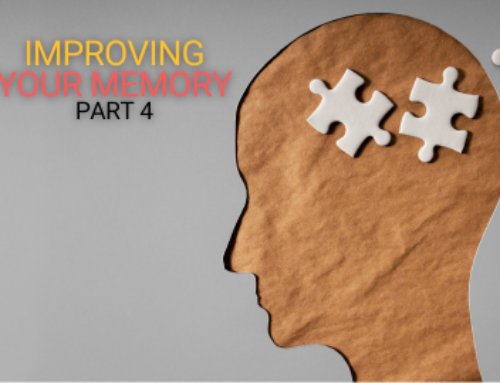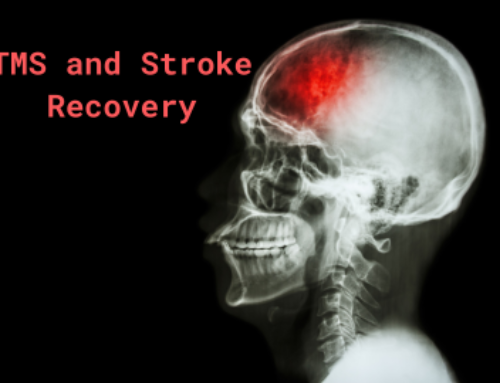Studying TMS for Autism
A World of Questions
Autism spectrum disorder (ASD) is a developmental disorder. The “spectrum” part of the name is there because of the wide range of ways it shows itself. Autism can manifest in a different way with each person and there is little we understand about it and even less that we can put down as solid fact. Some people with autism learn social and vocal cues with difficulty while others are nonverbal. Some people with autism suffer terrible gastrointestinal problems and others have sensory tics. Each person with autism is unique and like all of us, is shaped by their environments.
Can TMS be used to improve the quality of life for autistic patients? As science continues to unlock more pieces of the enormous puzzle that is autism spectrum disorder, we come across at least as many new questions as we do answers, and answers must be proven or strongly indicated over and over before they can be practiced on patients.
Searching for Answers
Transcranial magnetic stimulation is approved by the FDA and covered by many major insurance carriers when used for treatment-resistant major depressive disorder (MDD) right now. It has shown marked positive effects on MDD and on other conditions like obsessive-compulsive disorder (OCD), smoking cessation, and PTSD.
Unfortunately, TMS and autism must undergo more study before it can be a solution we can offer. Results are promising, and we have high hopes to use TMS to help patients with autism in the near future. At present, the best way to help people with autism have a better quality of life is to gain awareness of their needs as early in life as possible. Behavioral therapy and medication can be useful, but any health regimen should be carefully adapted to the individual’s needs.
Staying Alert
We’ll be keeping up to date the research on TMS as a possible treatment for autism. There is no cure in sight, but anything we can do to help people live happier lives and pursue their interests is worth it.
Check out our testimonials page to see what our TMS patients have to say. Contact us any time if you have questions about TMS, our services, and how to get an appointment. Never begin any medical treatment without consulting a physician first to rule out some causes, discover comorbidities, and get recommendations and referrals.





